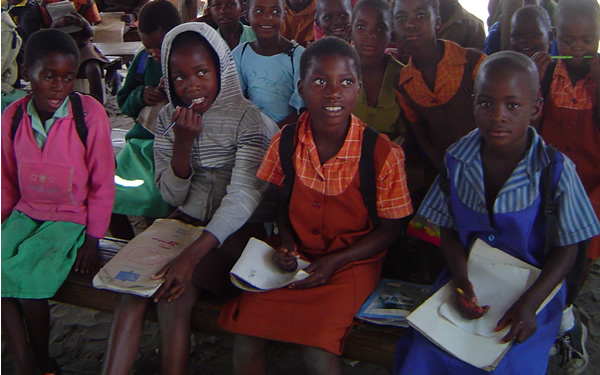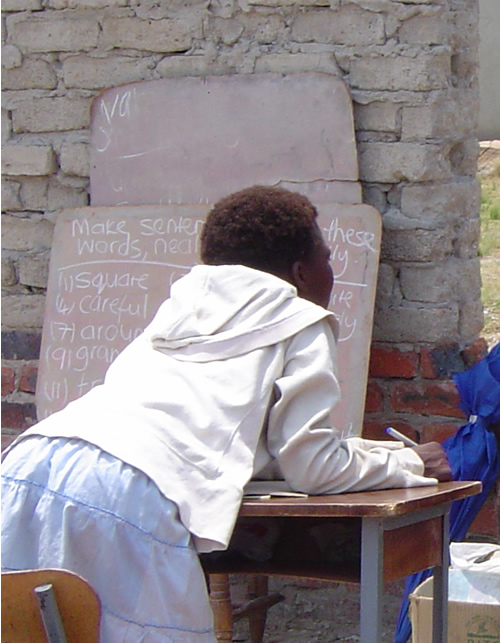Celebrities on the streets
Friday, January 7th, 2011 by Lenard KamwendoImagine a man who was soliciting for change from drivers on the street became an Internet hit and all of a sudden several big companies like MTV, NFL and countless radio stations are now on the hunt for the man’s golden voice.
This an example of a life changing story for man who had spent couple of years on the streets begging. Captured on a video in the streets of Columbus in America Ted Williams narrates his story as former radio announcer who fell on hard times and he is looking for help. When the video was posted on the Internet indeed help did come and overnight Ted has become an Internet star.
I watched Ted’s video on Sky News and ooh God the man does have a voice. He is just one person you would want to wake up early in the morning and listen to on the radio or TV. With a background of alcohol and drugs some people would have written Ted off but thanks to the help and generosity of others he can now live his dream. By just listening to him you can easily see that he is motivated and he has passion for his work.
With a life-changing story like this happening in America it got me thinking on how much talent we may have over looked here in Zimbabwe. We have people on the streets and some of them are so talented and nobody is taking time to give these people a second chance to live their dreams. Due to different circumstances we have a lot of people in the streets especially in Harare and in most cases it’s not by choice that one ends begging on the streets. If you go down along First Street in Harare right now you will find people begging and some of them end up singing and performing plays so that they can get the attention from the public and get a few dollars so that they can survive. But besides begging we should also look at the talent some of these might have. Some of these people have perfected their begging skill to the extent that one would think that they have been rehearsing.
Who knows, we may wake up one day to hear that the guy who used perform walking on the wire along First Street is featuring on the latest blockbuster movie directed by Steven Spielberg. To a lot of people Ted has proved that in life you don’t have to give up.











